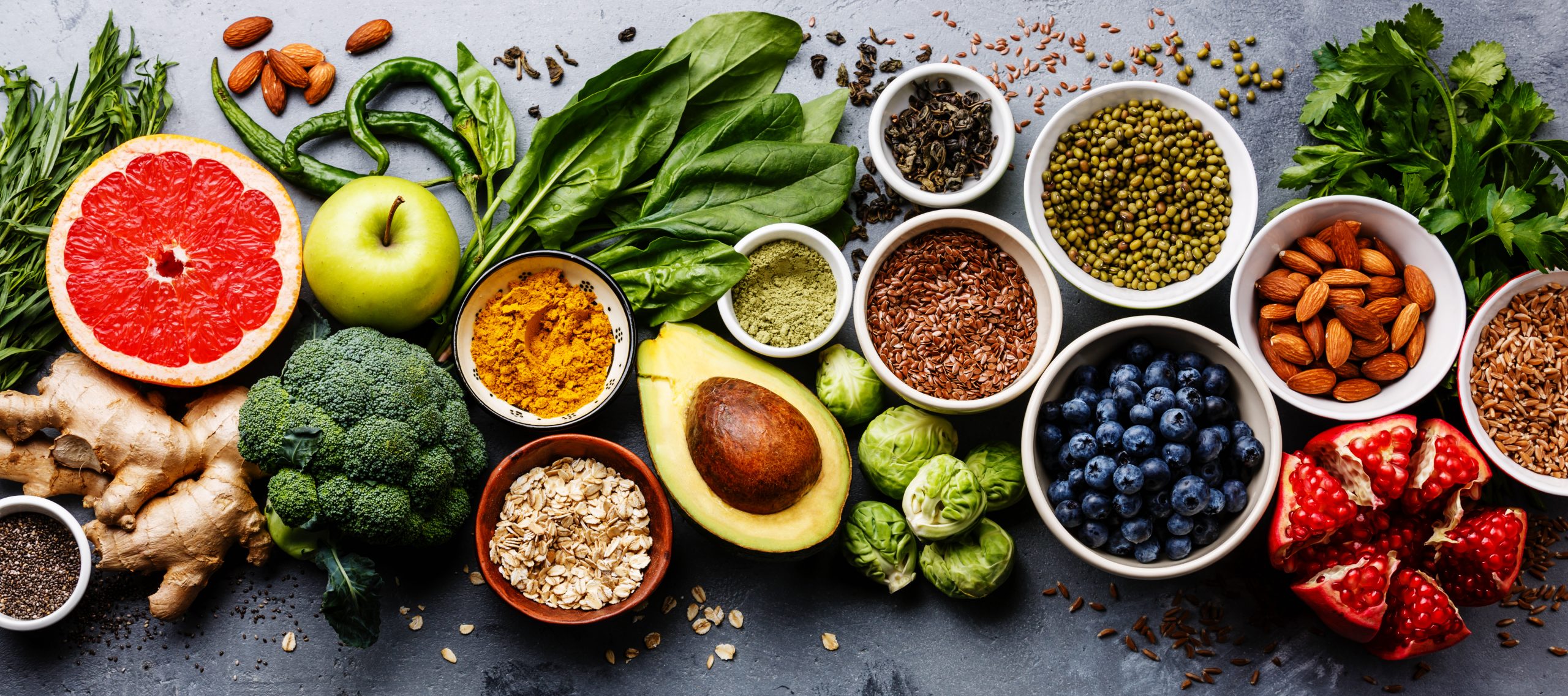Introduction

We all have to eat, but what makes us choose the types and amounts of foods that we eat? Is this something you consciously think about every time you grab a snack? Or do you often find yourself mindlessly snacking? Maybe you find yourself eating for reasons other than hunger on a regular basis. If you are like most people, you probably choose foods based on convenience and what sounds good. Many college students are also limited by food costs, access to cooking equipment, or lack of cooking skills. Most people don’t consider how the foods they eat will provide them with the nutrients and energy their bodies need. It is perfectly normal to choose foods based on what sounds good and convenient, however, eating like this most of the time can set you up for a lifetime of unhealthy eating habits that may increase your risk for health problems in the future. We call this type of unplanned eating unconscious eating.
If you want to change your eating habits, you should start by paying attention to what you are eating and why you are eating it. Changing your eating patterns is not a quick fix and you can’t expect changes to happen overnight. In order to address the root problem, the first thing you need to do is identify the habits that need to be changed. For example, do you overeat when you are stressed, anxious, or depressed? If so, you are participating in emotional eating – eating to make yourself feel better. Do you overeat when you are bored? Maybe you overeat when you are watching television, mindlessly scrolling through social media, or working at your desk/couch/bed. When eating like this, most people develop a habit of choosing foods that sound good or taste good at the time but are not necessarily healthy or good for you in large quantities. These eating habits often lead to overconsumption of calories and increased risk of health problems. Once you have identified the habits that need to be changed, you can begin to change them. This might look like finding another way to deal with stress and anxiety or cutting back on eating while doing other activities. Again, it’s important to remember that these habits were not created overnight and it will take time, patience, and knowledge to create lasting change.
Once you begin to change your habits you can start to eat more intentionally by listening to your body’s hunger and fullness signals and choosing foods that fuel your body with an appropriate amount of nutrients. This is known as intentional eating, or eating with the intent to properly fuel your body. The key here is that you want to try to eat intentionally most of the time but it is unrealistic and not good for your mental health to obsess over eating healthy 100% of the time. We need to leave room for slip ups, occasional unhealthy eating choices, and splurges. If we look at the big picture, eating intentionally most of the time puts you ahead of the curve and on the path to a healthier lifestyle.
Another factor that influences your ability to make positive changes to your eating habits is knowledge. Most people know very little about nutrition and what a healthy diet looks like even though there is no shortage of nutrition information available online. The problem is that much of the nutrition information you come across online is misleading or untrue. We will discuss this in more detail later in this chapter. The main objective of this course is to give you the knowledge, tools, and confidence to begin to make positive changes to your eating and activity habits. The responsibility for implementing any of these changes falls on you. If you want to improve your chances of having a long, healthy life, improving your diet can help. However, there are no guarantees and some factors of health, such as genetics, are out of your control.
The other major contributor to health that will be addressed in this course is physical activity. Participating in regular physical activity can reduce your risk of almost every major chronic disease. Like an unhealthy diet, lack of physical activity or a sedentary lifestyle is a habit. This habit may have developed from your parents or a lack of physical activity when you were a child or it may have developed over time due to other life circumstances. No matter the reason, activity patterns are another habit that can be changed with knowledge, time, and persistence.
Chapter Attributions
This Open Educational Resource textbook has been adapted from:
- Human Nutrition // CC BY 4.0
- A Guide to Physical Activity // CC BY 4.0
Media Attributions
- Nutrition © Adobe Stock is licensed under a All Rights Reserved license
